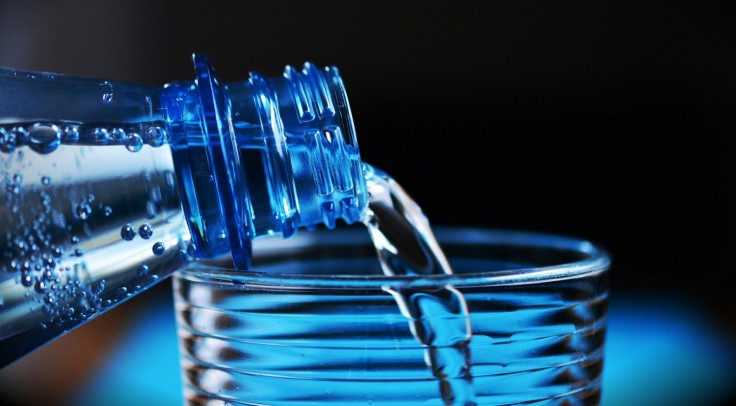
Consuming or drinking water daily is crucial for many reasons: regulating body temperature, keeping joints lubricated, preventing infections, delivering nutrients to cells, and keeping the organs functioning properly. Being hydrated also improves sleep quality, cognition, and mood.
According to Walter Willett, a professor of epidemiology and nutrition at Harvard T.H. Chan School of Public Health, when trying to stay hydrated, staying away from sugar-sweetened beverages is the best way.
Willet told CNN that Americans are conditioned to assume high sweetness levels in nearly everything. Others might say that Americans are dehydrated due to consuming too much soda, fruit juice, and other sugar-sweetened beverages that harm their health. Even energy drinks and vitamin water are loaded with sugars.
According to the National Institutes of Health report, about 60 percent of the average adult human body is made of water, including most of the brain, heart, lungs, muscles, and skin, and even about 30 percent of bones, per Live Science.
The body depends on the water to survive
The U.S. National Academies of Sciences, Engineering, and Medicine determined that an adequate daily fluid intake for men is about 15.5 cups (3.7 liters) and 11.5 cups (2.7 liters) for women. These are just general guidelines and not supported by firm scientific studies. The recommendations cover fluids from water, other beverages, and food. About 20 percent of daily fluid intake comes from food and the rest from drinks.
According to the National Academies of Sciences, most healthy people adequately meet their daily hydration needs by allowing thirst to be their guide. The body naturally feels thirsty when the hydration levels drop, and water is the best medicine. Drink up when you're thirsty and drink more when you sweat more, as the body will take it from there.
On the other end of the digestive spectrum, urine can also determine whether you're getting enough to drink - dark yellow or orange urine usually indicates dehydration, while well-hydrated urine should look pale yellow or colorless.
Experts say that you need to sip on water constantly throughout the day, even when you're not thirsty, per Healthline.
Staying hydrated during the summer season
Lack of water can lead to dehydration or a condition when you don't have sufficient water in your body to carry out normal functions. Even milk dehydration can drain your energy and make you tired.
Every day, a person loses water through breath, sweat, urine, and bowel movement. For a body to function properly, the water supply must be replenished by consuming beverages and foods that contain water. Health experts commonly suggest eight 8-ounce glasses, which equals about 2 liters, or half a gallon a day. This is called the 8×8 rule and is very easy to remember.
A clinical study, Impact of Mild Hypohydration on Muscle Endurance, Power, and Strength in Healthy, Active Older Men, found that just a 1 percent loss of body water reduced their muscle strength, power, and endurance. Losing such percent of body weight might not seem like a lot, but it is a significant amount of water to lose. This commonly happens when you're sweating a lot or in a warm room and not drinking enough water.
Related Article : Finally, Proof That Drinking Water Before Meals Can Help Lose Weight